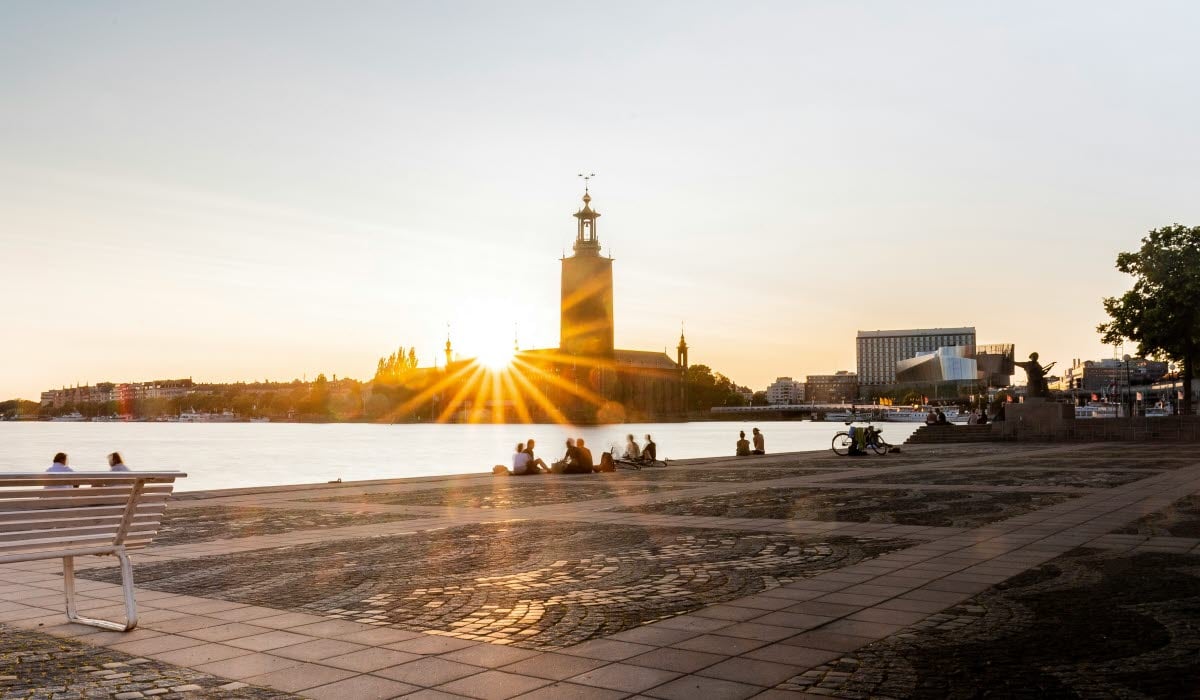Metsä Tissue, part of the Finnish forest industry company Metsä Group, is planning to invest approximately €230 million during the first phase of a major upgrade of its paper mill in Mariestad, southwestern Sweden.
Metsä Tissue owns three of the largest tissue paper brands in Scandinavia: Katrin, Lambi and Serla.
The company has applied for environmental permits for the construction and installation of a new tissue paper machine, an automated warehouse and a new office building – all of which will increase Mariestad’s annual tissue paper production capacity by 50,000 tonnes by 2024.
“Metsä Tissue is the only tissue paper producer on the market with strong roots in sustainably managed northern forests. An investment in modern production of premium tissue paper from pure fresh fibre, grown close to our customers and consumers, is the most sustainable solution for the future,” says Esa Kaikkonen, CEO, Metsä Tissue.
The current ramp-up plan also comes in response to declining availability and quality of recycled fibre.
Fossil-free mills by 2030
Metsä Group, which has operations in some 30 countries, aims to make all of its mills fossil-free by 2030 and Mariestad will be one of the sites leading the way.
The investment is part of the company’s Future Mill programme which aims to increase the long-term efficiency and environmental performance of the tissue paper business.
“Scandinavia is our most important market area, and we’re committed to the development of our operations here,” Kaikkonen adds. “Tissue paper production is local, so we want to be close to our customers to be better able to meet growing demand. For us, Sweden and Mariestad represent a good operating environment and a possibility to develop the company with our professional and committed personnel.”
Following a second investment phase at a later stage Metsä Tissue expects to double production at the Mariestad mill.
Closing the loop
The Mariestad mill has a distinguished history dating back to 1765 and employs 360 people today. Moreover, the facility is a standard-bearer for sustainable practices where eco-efficiency and industrial symbiosis are achieved in close cooperation with the local community.
By feeding de-inking residue from the mill into the nearby Katrinefors central heating plant, Metsä Tissue is able to reduce bi-product waste by 90%. The process generates both heat and electricity for the 15,600 inhabitants of Mariestad.
According to Johan Abrahamsson, Chairman of the Board at Mariefred Municipality, this is a perfect example of Sweden’s high readiness level for taking joint measures – public and private – to close the loop in industrial operations.
“Paper and pulp is a global sector undergoing transformation and business renewal. In this context, Metsä Tissue’s investment illustrates the competitiveness of the Skaraborg region,” says Abrahamsson.
Gustaf Wikblom, Head of Establishment at Business Region Skaraborg concludes: “We are delighted and proud that Metsä Tissue is strengthening its operations in Mariestad. This validates our argument that Mariestad is both a geographically important location and offers advanced industrial know-how.”





